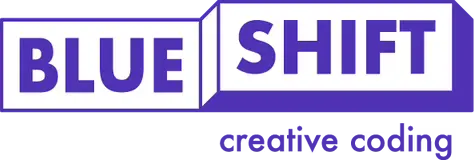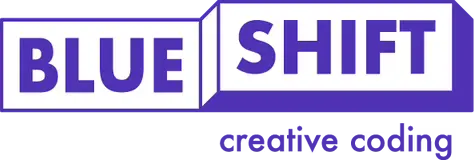Coding Devices To Be Given To Primary Schools
The UK’s children are set for a big boost in their coding skills after the Micro:bit Education Foundation revealed plans to donate 57,000 coding devices to primary schools.
It is acting in partnership with Nominet and the Scottish government in running the scheme. The organisation previously devised the miniature BBC micro:bit computer.
The project will see around 3,000 schools each getting around 20 devices, with 22,000 of them being prioritised for those in greatest need. The roll-out will start this month.
CEO of the Micro:bit Educational Foundation Gareth Stockdale said: “Digital literacy and computational thinking are critically important not only to the future of our society, but to the future of children who will one day shape that society.”
Describing the Micro:bit as an “essential tool” that has proved very popular with both teachers and pupils, he added: “We’ve seen fantastic adoption in secondary schools, and we’re delighted to support and empower even more teachers to unlock children’s creative potential at primary level.”
Chief information officer at Nominet Adam Leach said: “Each one of the 57,000 devices will impact on developing children’s core digital skills as citizens of a digitalised world.”
Parents seeking to give their children help in boosting their IT skills may also consider coding camps for kids as a means of helping then learn in a fun environment.
It is not just national initiatives that are helping to promote coding and other digital skills among youngsters. The Digital Futures programme is concentrated on Birmingham, run by a combination of the University of Birmingham, PricewaterhouseCoopers and Tech She Can to nurture digital learning in the city.
Focusing on children from primary school age up to university entrants, the aim is to harness the potential talent pool of the city to provide a greater supply of skills for employers in the West Midlands in the years to come.






